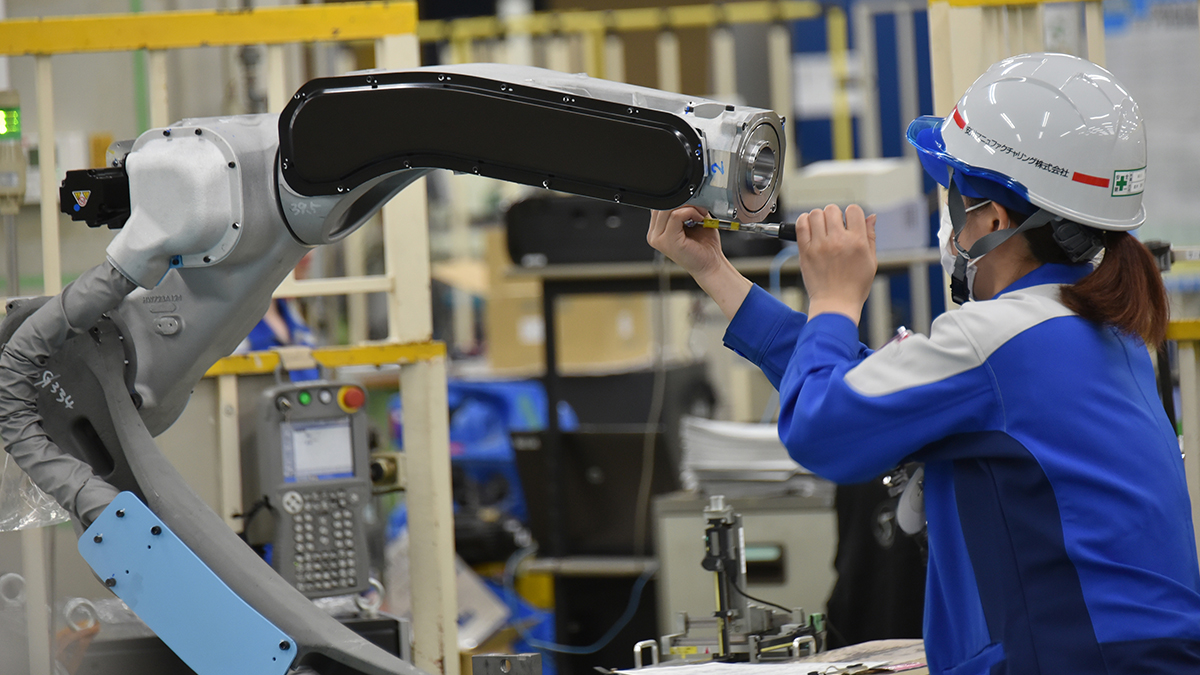Ravin Jesuthasan
Ravin Jesuthasan is Managing Director at Willis Towers Watson. He is a member of the World Economic Forum’s Steering Committee on Work and Employment and has been recognized as one of the 25 most influential consultants in the world. He is the coauthor with John Boudreau of the new book Reinventing Jobs: A 4 Step Approach for Applying Automation to Work and numerous articles on work, automation, and human capital.
Today, executives have to cut through a lot of hype around automation. Leaders need a clear-eyed way to think about how these technologies will specifically affect their organizations. The right question isn’t which jobs are going to be replaced, but rather, what work will be redefined, and how? Based on our work with a number of organizations grappling with these issues, we’ve found that the following four-step approach can help.
1. Start with the work, not the “job” or the technology.
Much work will continue to exist as traditional “jobs” in organizations, but automation makes traditional jobs more fluid and an increasing amount of work will occur outside the traditional boundaries of a “job.”
Read More
Topics:
Automation
When leaders describe how advances in automation will affect job prospects for humans, predictions typically fall into one of two camps. Optimists say that machines will free human workers to do higher-value, more creative work. Pessimists predict massive unemployment, or, if they have a flair for the dramatic, a doomsday scenario in which humans’ only job is to serve our robot overlords.
What almost everyone gets wrong is focusing exclusively on the idea of automation “replacing” humans. Simply asking which humans will be replaced fails to account for how work and automation will evolve. Our new book, Reinventing Jobs: A 4-Step Approach for Applying Automation to Work, argues that while automation can sometimes substitute for human work, it also more importantly has the potential to create new, more valuable, and more fulfilling roles for humans.
Read More
Topics:
Automation
.png?width=259&name=WSAI%20Amsterdam%20Orange%20no%20dates%202000x300%20(1).png)
.png?width=263&name=IM_Mothership_assets_LOGO_MINT%20(2).png)



